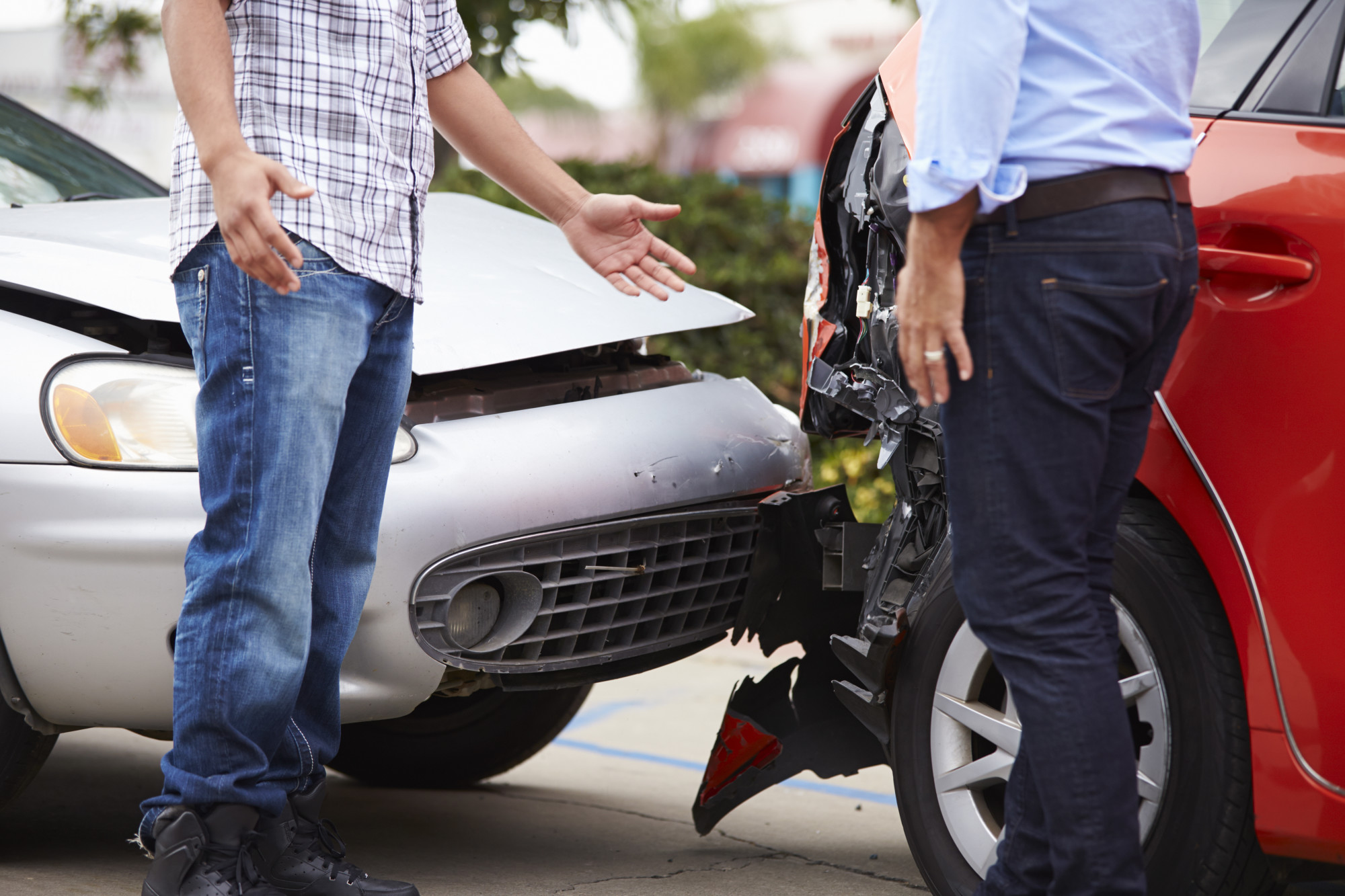
How to Tell Who Is at Fault in a Car Accident
Being in a car accident really puts a kink in your plans but depending on whose fault the accident is, there might be more than a little kink.
If you’re trying to figure out how to tell who is at fault in a car accident, you might be worried that the accident is your fault. Or you might be wondering how you can prove that the accident was the other person’s fault.
Whatever the case — continue reading this article to learn more about how the law determines that an accident is someone’s fault.
The 101 on How to Tell Who Is At Fault in a Car Accident
If you’ve been involved in a car accident and you are wondering how to prove it wasn’t your fault, you can read more here. For now, continue reading this article as we explain telling who is at fault in the accident.
Who Was Negligent?
When it is being determined who was at fault, people are primarily looking at who was negligent. With some cases, it is clear to see who was negligent but others are not as simple to determine.
To make things more complicated, there isn’t necessarily just one entity that is making decisions about who is at fault in a car accident. You may have to make your case before the court, law and the car insurance agency.
Let’s talk about how the police determine who is at fault.
At Fault with the Police
Once you report the accident to the police, they are responsible for preparing a police report. The police report details what happened so not only will they take your statement and the other party’s statement but they’ll take witness testimony.
Once the police gather all of the information about the accident, they may include a statement about who was at fault based on their professional opinion. You should know that not all police reports tell who was at fault.
If you do look at your police report and it says that you were at fault, you should know that doesn’t necessarily mean you’ll be held legally responsible for damages in a lawsuit.
Did you receive a traffic citation? If you did, that also does not mean that you’ll be responsible for damages in a lawsuit. It can be used as evidence, however.
At Fault with the Insurance Company
The adjuster in your case is there to get to the bottom of who is at fault in the car accident. In many cases, there will be multiple adjustors looking at the case because neither insurance company wants to be the one to pay out.
Adjustors comb over all of the information with a fine tooth comb. They look at the police report which includes witness testimony, they also look at the damage to the vehicles as well as the verifying the details about the insurance policies.
Depending on the state that you’re in, the insurance company will determine fault by the legal definition of negligence.
Negligence is when a person fails to exercise as much caution as a reasonable person will under the same circumstances. Let’s say that a driver ran through a stop sign and hit a car that was legally passing through the intersection. It’s almost certain that driver that ran the stop sign is going to be the one that is found to be at fault.
Make sure to check your state’s laws for specifics for how they find fault.
At Fault with the Court
Being at fault with the court might seem like the most terrifying of them all.
The court also looks at who was negligent in the case. Whether you’re the defendant or you’ve been injured in the accident, you should know how the process goes so you can be prepared properly.
Attorneys for both the plaintiff and the defense will be able to state their client’s arguments. The courts will also consider the evidence just as the insurance companies did.
- Witness Testimony
- Car Damage
- Police Report
And any other details they deem to be relevant. Make sure your attorney is properly prepared for the case if you believe that you deserve damages.
Not all car accident attorneys will do your case justice so don’t take on just any attorney — even if they don’t charge you fees up front.
Choosing a Good Attorney
Now that you understand how important it is to get your facts straight and to build your case for court, you shouldn’t let a bad attorney ruin your changes. If you’ve experienced pain and suffering at the hands of a negligent driver, you deserve to be compensated.
When you’re choosing an attorney, make sure to ask about their experience. Have they ever been to court or have they always settled outside of court? Make sure they have some experience going to court in case the settlement you’re offered isn’t enough.
You should also ask for testimonials from previous clients. Most clients won’t mind taking a few minutes to speak with you to put your mind at ease if the attorney did a good job helping them.
Learn More About Legal Issues
Now that you know how to tell who is at fault in a car accident, you can continue on to other topics. You can go through our legal articles or you may want to check out other sections.
Find your favorite section and bookmark it so you don’t miss any of our top reads.
